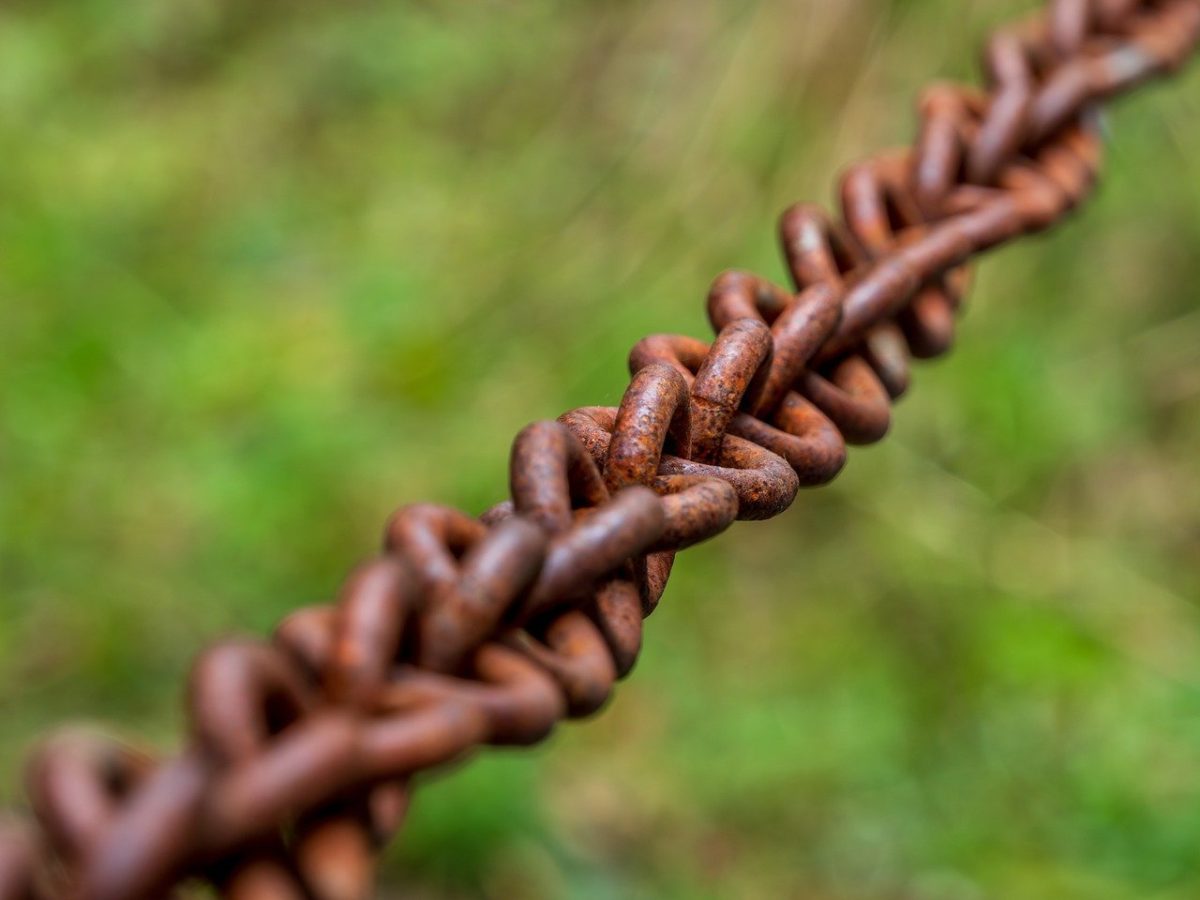Picture this scenario: It’s 9 p.m., and you’re getting ready to do your homework. Your phone vibrates with a notification that your friend has sent you a TikTok video. Like the amazing friend you are, you open it and watch the entire video before replying with “LOL.” You close TikTok and realize that it’s 11 PM—you have been scrolling for the past 2 hours. This is doom-scrolling, the compulsive and subconscious act of continuously scrolling through your social media feeds. It isn’t just about wasting time—it’s about how easy it is to lose oneself in the digital world. The content you’ve been absorbing could range from amusing to disturbing, from enlightening to educational, but the common thread is the way it all blurs together, swallowing up hours before you realize what’s happening. This scenario is far too common in today’s ever-evolving digital age that we live in.
What is ‘Doom-Scrolling’?
Doom-scrolling isn’t just a habit that we develop as we spend more time on social media. Digging deeper, it’s a psychological phenomenon that is closely linked to our brain’s reward system. Watching that brief TikTok video that your friend sent releases dopamine, a neurotransmitter in the brain that is responsible for developing pleasure, which causes you to want to watch more videos. Similar to how people enjoy consuming sugar, your brain has developed a desire for more until you become physically aware of the detrimental consequences of hyperglycemia. On the other hand, it’s difficult to acknowledge the harmful implications of short videos while you’re laughing at King Bach’s skits. Each swipe that you make on your phone creates more dopamine, enshrouding yourself in an infinite loop of instant gratification and pleasure, making it harder to break the cycle.
The dopamine produced by these activities is often referred to as cheap dopamine—activities that require minimal effort and provide immediate gratification but lack long-term substance. Each swipe on your phone and each video you watch generates a small dopamine rush, trapping you in a seemingly endless cycle of instant pleasure. On the surface, having cheap dopamine may feel great in the short term. However, in the long term, it can cause feelings of laziness and a lack of motivation to accomplish your goals (especially your New Year’s resolutions that you never checked off).
In contrast to cheap dopamine, activities that require more effort can provide a deeper and lasting sense of satisfaction. For instance, learning to spin a pen on your fingers or completing your first muscle exercise can all produce natural dopamine. The effort involved is certainly greater than simply swiping on a screen, but the satisfaction that results from these activities is more beneficial.
Impacts of Digital Immersion
The repercussions of doom-scrolling extend beyond a lack of motivation and laziness and have implications that can affect an individual’s academic performance and mental and physical health. During the process of doom-scrolling, you delay your homework and responsibilities, causing unnecessary stress that can contribute to consequences beyond your grades.
Diving deeper, research has proven that there is a strong correlation between a student’s grades and the time they spend on their phones. According to a 2018 study conducted by the International Journal of Information Technology and Language Studies (IJITLS), “Students who are heavily involved in the activities of networking sites [such as Facebook] during the study have a lack of concentration and distraction.” Short attention spans can be attributed to lower academic performance in the classroom. “It has been observed that some students are always busy in chatting and communicating, during lectures…students suffer from setbacks as a result of social media preoccupation.” Since this study was conducted and cited research before and during 2018, this represents an initial understanding of the consequences of social media use on student performance. The introduction of short videos to Facebook and other platforms three years after the 2018 study likely amplified the issues already identified in the research, creating a more intense cycle of distraction and potentially leading to an increasingly severe impact on overall academic performance.
The effects of social media doom-scrolling aren’t limited to academic performance. Prolonged periods of scrolling while stationary, coupled with a feeling of laziness, can contribute to many health problems, including obesity, heart problems, and diabetes. Another physical health issue is the difficulty of going to sleep as well as its associated consequences. Extended exposure to blue light emitted by your phones and devices can interfere with your sleep cycle. The photon (light particles) levels that are fed through your eyes and into your brain determine the time when your body naturally produces melatonin—the hormone responsible for regulating your body’s circadian rhythm. Long periods of doom-scrolling can delay these crucial timings with your sleep schedule, potentially leading to insomnia, anxiety, or even depression.
Breaking the Cycle of Doom-Scrolling
Build Discipline: Allocate specific times for using social media and stick to them. Use apps or built-in device features to set limits on your usage.
Turn Off Non-Essential Notifications: Every vibration from a notification draws you back into the digital world. Consider turning “Do Not Disturb” on. Or, during a productive session, lock your phone away in another room, forcing you to consider whether it would be beneficial or necessary to access your phone.
Awareness: Be present and conscious of your social media use. Ask yourself why you’re using it, and what you’re hoping to gain from it?
Engage in Physical Activities: Working out and participating in other physical activities can help reduce social media usage and improve your overall health.
Seek Support: If you’re finding it hard to break the doom-scrolling cycle, don’t hesitate to seek help from a mental health professional. Furthermore, if your grades are not up to your standards, never hesitate to reach out to your teachers; explain to them your situation and ways you can work together.

